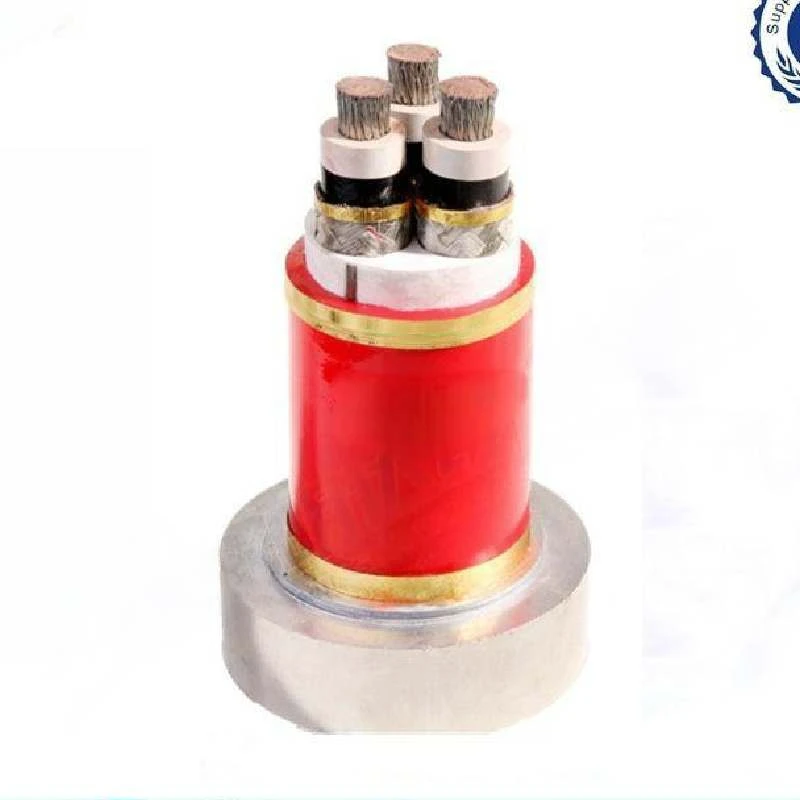ഡിസം . 03, 2024 19:01 Back to list
industrial check valve
Understanding Industrial Check Valves Importance, Types, and Applications
Check valves are essential components in various industrial processes, designed to prevent backflow and ensure the proper flow direction of fluids. These valves play a crucial role in maintaining system integrity and operational efficiency across multiple sectors, including oil and gas, water treatment, chemical production, and HVAC systems. This article delves into the significance of industrial check valves, the different types available, and their applications in various industries.
What are Check Valves?
Check valves, often referred to as non-return valves, are designed to allow fluid (liquid or gas) to flow in one direction only. They are automatically operated, relying on the pressure of the fluid to open and close the valve. When the pressure drops or flows in the opposite direction, the valve closes, preventing any backflow. This function is vital in preventing contamination, protecting equipment, and maintaining pressure levels within systems.
Importance of Check Valves
1. Prevention of Backflow The primary purpose of check valves is to prevent backflow, which can lead to contamination of the supply source and inefficient system operation. By ensuring that the fluid only flows in the intended direction, check valves protect the integrity of pipelines and associated equipment.
2. System Protection In many industrial applications, backflow can cause significant damage to pumps, compressors, and other machinery. By installing check valves, companies can extend the lifespan of their equipment and reduce maintenance costs associated with repairs due to backflow-related damage.
3. Efficiency and Reliability In processes requiring consistent and predictable flow conditions, check valves offer reliability. They ensure that the fluid dynamics in a system remain stable, which is crucial for maintaining process efficiency and output quality.
Types of Industrial Check Valves
Various designs and types of check valves are available to suit different applications and specifications
1. Swing Check Valve This type of valve has a disc that swings open to allow flow and closes when backflow occurs. Swing check valves are commonly used in large diameter applications due to their low-pressure drop and efficient flow characteristics.
2. Lift Check Valve In lift check valves, the disc moves vertically. These valves are suitable for high-pressure applications but are generally not recommended for small diameters due to potential issues with sealing.
industrial check valve

3. Ball Check Valve This design features a ball that moves inside a chamber. When fluid flows in the correct direction, the ball is lifted off its seat, opening the flow path. If there is backflow, the ball returns to its seat, blocking the flow. Ball check valves are compact and effective in many applications.
4. Diaphragm Check Valve Utilizing a flexible diaphragm, these valves can handle a variety of fluids, including slurries or viscous materials. They offer a tight seal and are often used in food and pharmaceutical applications.
5. Spring-Loaded Check Valve This type uses a spring mechanism to hold the valve closed until a certain pressure is achieved. They respond quickly to flow changes, making them ideal for applications where immediate closure is necessary.
Applications of Check Valves
Check valves are versatile components utilized in numerous applications across various industries
- Water Treatment In municipal water systems, check valves prevent the reverse flow of treated water, ensuring that contaminants do not enter the clean water supply.
- Oil and Gas In pipelines and rigs, check valves are crucial for maintaining flow direction and preventing backflow, which can lead to spills and leaks.
- Chemical Processing Check valves are employed in reaction vessels and transfer lines to protect sensitive equipment from backflow and contamination.
- HVAC Systems In heating and cooling systems, check valves are used to prevent reverse flow, ensuring efficient operation and enhancing system reliability.
Conclusion
Industrial check valves are indispensable components that help ensure the efficiency, safety, and reliability of fluid transfer systems across various industries. Understanding the different types of check valves and their applications allows engineers and industry professionals to select the appropriate valve solutions for their specific needs, ultimately contributing to streamlined operations and enhanced system performance.
Share
-
Reliable Wafer Type Butterfly Valves for Every IndustryNewsJul.25,2025
-
Reliable Flow Control Begins with the Right Ball Check ValveNewsJul.25,2025
-
Precision Flow Control Starts with Quality ValvesNewsJul.25,2025
-
Industrial Flow Control ReliabilityNewsJul.25,2025
-
Engineered for Efficiency Gate Valves That Power Industrial PerformanceNewsJul.25,2025
-
Empowering Infrastructure Through Quality ManufacturingNewsJul.25,2025